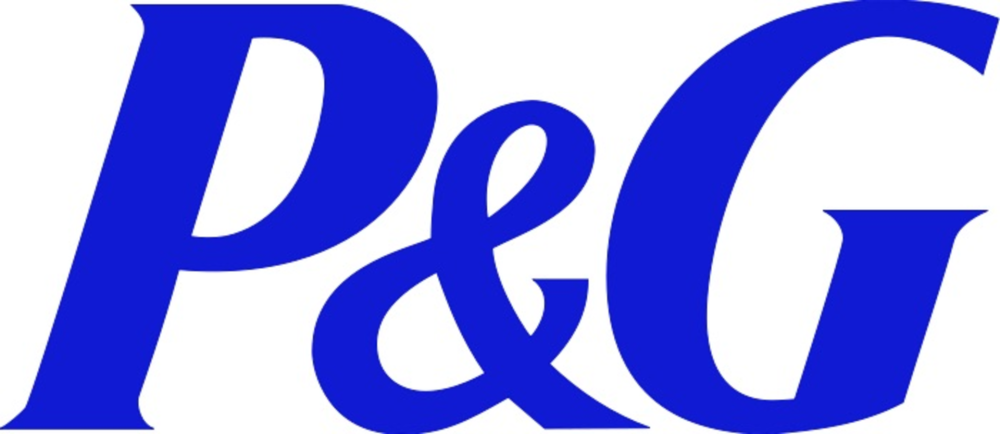Procter & Gamble announced yesterday the company has decided to scale back on their targeted Facebook advertisements, citing limited effectiveness.
The world’s largest ad buyer will not cut back on the overall funding for Facebook advertisements, but instead will reduce the number of targeted ad buys.
“We targeted too much, and we went too narrow,” Marc Pritchard, chief financial officer at P&G, said to The Wall Street Journal, “and now we’re looking at: What is the best way to get the most reach but also the right precision?”
“Facebook has been one of our first and most consistent partners,” a spokesperson at P&G said to DMN. “Facebook offers both mass reach with precision targeting and our brands will continue to use Facebook to reach consumer, including targeting where it makes sense.”
However, this scale back in advertisement should not be perceived as a failure by either company, according to Joshua Backer, Co-Founder and President of Advertising at Unified.
“P&G did what a smart marketer should do: test and learn based on results,” said Backer to DMN. “Highly segmented targeting on all campaigned and investments was a sound hypothesis, but the data did not support hyper-segmentation across the board.”
Facebook’s ad platform has evolved over time, offering advertisers more opportunity to get granular in who they reach and track the efficacy of their ads. Key milestones include interest targeting (launched in 2007) and its partnership with Datalogix, which helped advertisers track whether ads led to offline purchases (launched in 2012).
“Our partnership with P&G grows every year in service of effect and efficient advertising,” a Facebook spokeswoman said to DMN. “We learn from each other and iterate. That has always been the spirit of how we work together and challenge one another.”
P&G also said that it would cut back on spending on publisher websites, citing a lack of reach in comparison to the social media behemoth.
Facebook had an average of 1.13 billion daily active users and 1.71 monthly active users in June, according to the company’s website.
This shift underscores the uneasy relationship between Facebook and publishers, who depend on Facebook’s referral of free traffic while the company courts ad revenue from legacy advertisers like P&G.
In 2012, General Motors announced that it would stop advertising on Facebook, citing poor performance. The news resulted in a slight dip in Facebook’s stock as it was the first time a major brand publicly questioned the value of Facebook advertising. The company returned the next year.
The timing of P&G’s announcement cannot be ignored though, as the same day Facebook revealed plans to launch a digital program that will render the functionality of ad blockers useless.
“We’ve designed our ad formats, ad performance and controls to address the underlying reasons people to ad blocking software,” said a Facebook press release. “Rather than paying ad blocking companies to unblock the ads we show – as some of the companies have invited us to do in the past – we’re putting the control in people’s hands with our updated ad preferences and our other advertising controls.”
This program will also create more online ad space for Facebook, which pulled in $17.08 billion in ad revenue last year.





